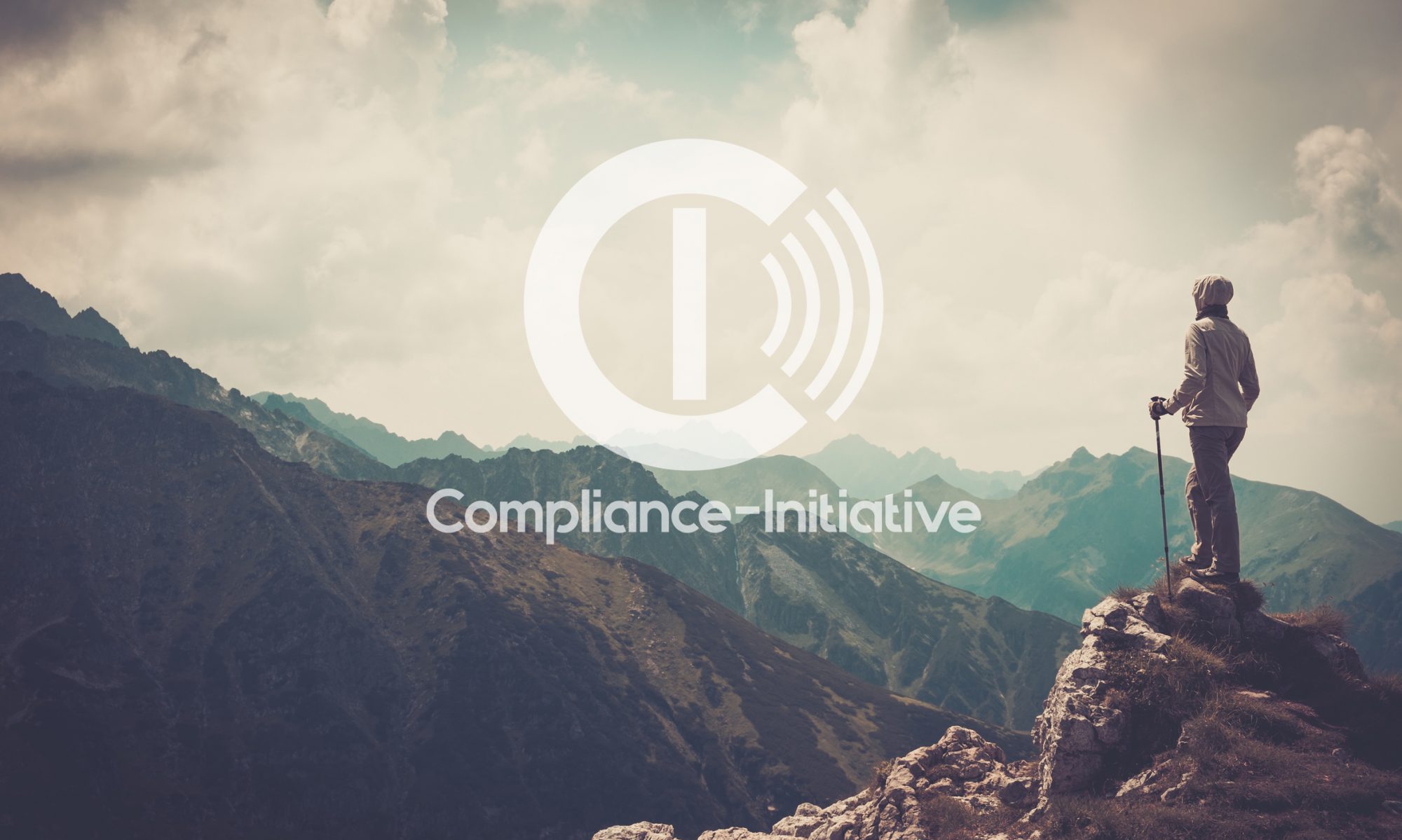The disappearance of walls …
… and the accompanying development of global action enables jobs and satisfies our consumer heart. Without any problems, we go to the supermarket and buy tropical fruits from countries that most people never see in their lives. We also buy our clothes and electronic devices on foreign shopping portals via smartphone. At a time when retail giants are promoting next day delivery, where prices are adjusted to the hourly rhythm, and product quality still plays the most important role, humanity has a choice …
This also applies in the advertising media industry. In an industry driven by low prices, fast implementation and fierce competition, it is difficult to tackle the hurdles of everyday life with issues that are both difficult to manage and take a lot of time. CSR and sustainability are on everyone’s lips. Everyone would like to somehow deal with this topic from the rest of the competitors. But which standard is most suitable for this?
More and more, the CSR Labyrinth is frightening customers who want to be sustainable and get back to their day-to-day business. Sustainability is not only ecological but also economically valuable if you implement the correct measures for the company. Help for this implementation comes from the international standardization authority ISO (In Germany DIN). She has created a standard that explains what sustainability is and how to achieve it. The standard can not be certified – and for good reason. Sustainability means something different in every culture. “Fair working hours” are understood differently in France, for example, than in Germany, and so are other standards in India and Botswana.
For us, corporate social responsibility means striving towards sustainable development at many levels. In any case, human rights must be respected in production along the entire supply chain.
The concept of sustainability must be holistic.
